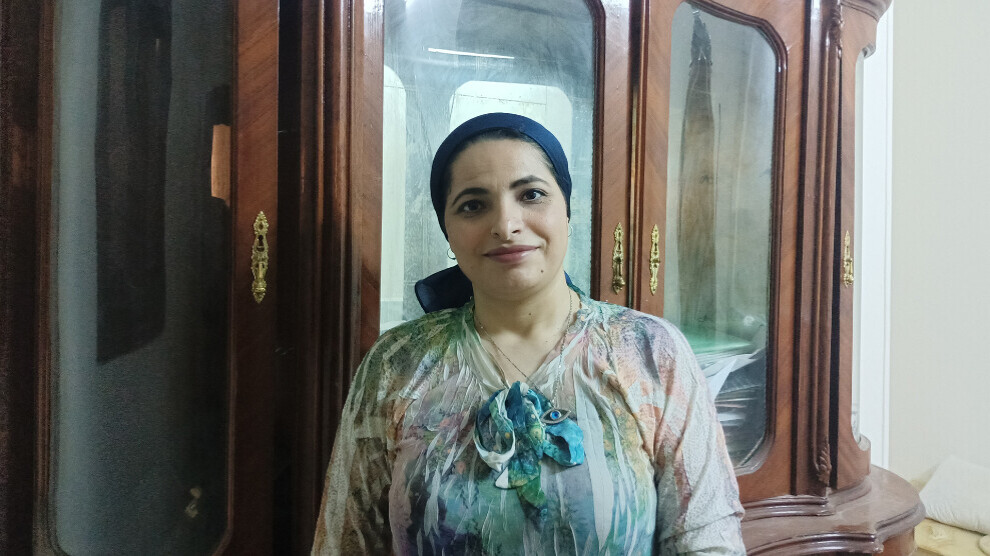Egyptian women demand tougher penalties for FGM
Female genital mutilation (FGM) has been a longstanding tradition in Egypt. Some women and girls die while undergoing FGM while some suffer from long-term physical and psychological consequences.

ASMAA FATHI
Cairo- In Egypt, one of the countries where female genital mutilation (FGM) is common practice, awareness-raising campaigns play important roles in end this practice because these campaigns can change society and increase education level. NuJINHA spoke to some women living in the city of Ismailia about the effects of FGM on women and girls and the direct effects of awareness-raising campaigns in the city.
This practice is common not only in villages but also in cities
Speaking about the awareness-raising campaigns in the city, media worker Rabab Fikry thinks more activities must be carried out to raise awareness. Speaking about the reasons why awareness-raising campaigns do not have sufficient effects on society in Ismailia although the city is close to the capital, Rabab Fikry thinks the main reason is the increase in migration rate to the city. “Media has a great role in raising awareness about FGM because it can reach many people,” she said. Pointing to the role of medical centers and NGOs in raising awareness about FGM in society, she said that these organizations must make great efforts to change this culture in society.
Tougher penalties for FGM
Underling that even though doctors know the negative effects of FGM on women and girls, some doctors perform female genital mutilation, Rabab Fikry said that doctors claim that they perform FGM because parents ask them to perform it. “This is just an excuse. They ignore their social and humanitarian role in raising awareness about the risks and effects of FGM. All they want is to earn more money.”
She underwent FGM twice
Adel, a victim of FGM in the city, told us what she faced after FGM. She underwent FGM twice. “I do not remember the details of the first operation. But when I underwent FGM second time, I was 16 and I was aware of everything that happened. I went to a doctor and he assured my family that the cause of my vaginal infections was because I was not circumcised properly and I underwent the surgery again.”
She will not allow her daughters to undergone FGM
Azza Fawzi is also a victim of FGM. After she underwent FGM, she faced many problems. “I decided to not allow my daughter to undergone FGM. My mother told me that my decision would harm my daughters and make me unable to control them. But I tell every mother that raising awareness is much more important than this practice. We must raise awareness about FGM for our daughters to have a better future.”
In Egypt, About 92% of married women between the ages of 15 and 49 have undergone female genital mutilation, according to the 2014 National Demographic and Health Survey.
